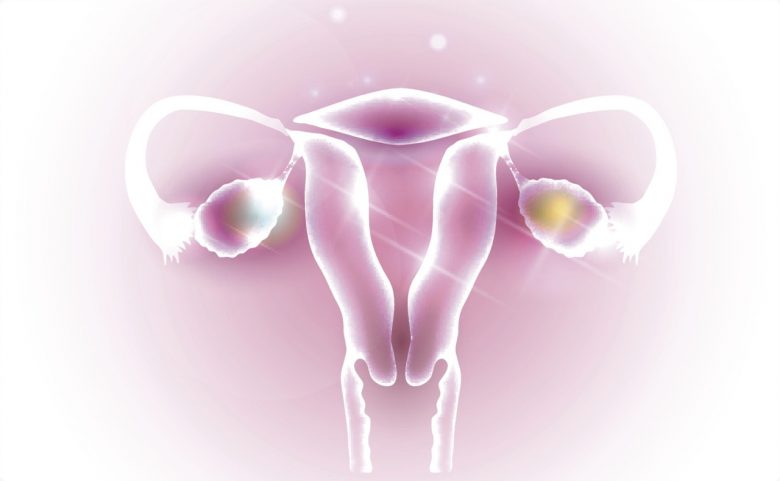What is PCOS?
PCOS stands for Polycystic Ovary Syndrome.
This condition affects the hormone level of women, specifically women between the ages of 15 and 44. This condition causes women to produce hormones at a level which is higher than normal. The general diagnosis doctors make have symptoms like high male hormone (androgen) levels, irregular menstrual cycles and cysts in the ovary.
PCOS affects the ovaries which produce hormones (oestrogen and progesterone) which regulate the menstrual cycle. The ovaries also produce male hormones called androgens in small amounts. When women are affected by PCOS, it leads to these hormones being proved in an amount higher than normal. This causes carious physical symptoms in women which can help in detection. Let’s see what those symptoms are which will can help.
Symptoms of Polycystic Ovary Syndrome

Irregular periods and heavy bleeding: Women should keep track of their menstrual cycles and make sure that their menstrual cycle is regular. When women miss their menstrual cycle, this leads to prevention in the shedding of the uterine lining. When the lining isn’t shed, the next time the woman gets her period, she will have a heavier flow to get rid of that lining. When will PCOS general tend to have fewer than 8 periods a year.
Excessive hair growth and acne: When hormones are produced at a higher quantity, women can experience hair growth in different regions of their body. More than 70% of the women with this condition experience hair growth on their face, back, belly and even their chest. With the increase in production of androgens (the male hormones), the skin tends to get oilier and can cause breakouts more so than normal. The areas of the face, chest and upper back usually break out in acne.
Weight gain: Upto 80% of the women with PCOS are generally overweight or obese.
Darkening of the skin and male pattern baldness: The skin around the areas of the neck, chest and groin tend to get much darker than normal and women have a thinner scalp and experience hair fall.
The scary part is that in a study about 70% of the women diagnosed with PCOS didn’t even know they have it. Undiagnosed, this can lead to further complications in women such as insulin resistance, type-2 diabetes, high cholesterol, high blood pressure and heart disease. PCOS also causes infertility, sleep apnea, endometrial cancer and depression in some women. It is important to keep in mind that there is no known cure till date.
Therefore, if you experience any of the above symptoms, it is important to get yourself checked at the earliest. If you are a man and see any of these symptoms in a partner or family member, letting them know about the condition and supporting them through it should be a priority.
Stay healthy and happy!




